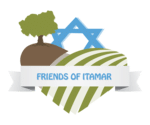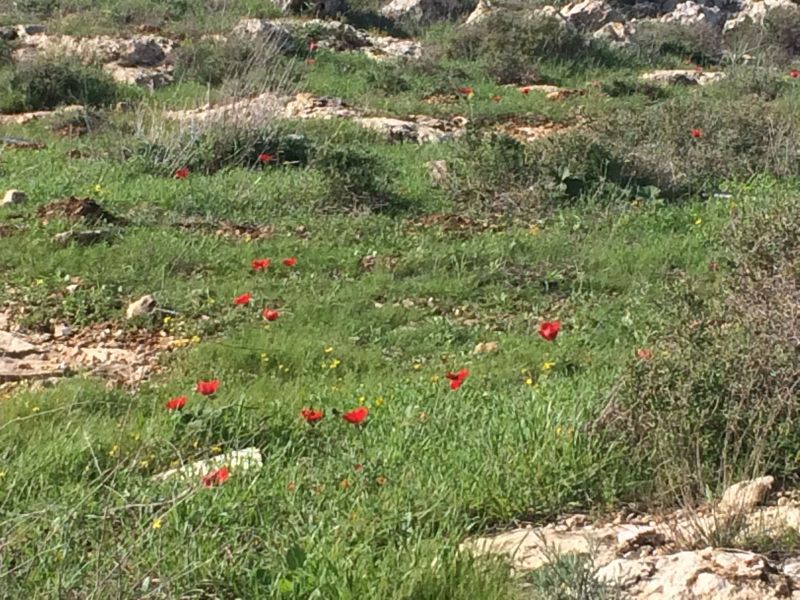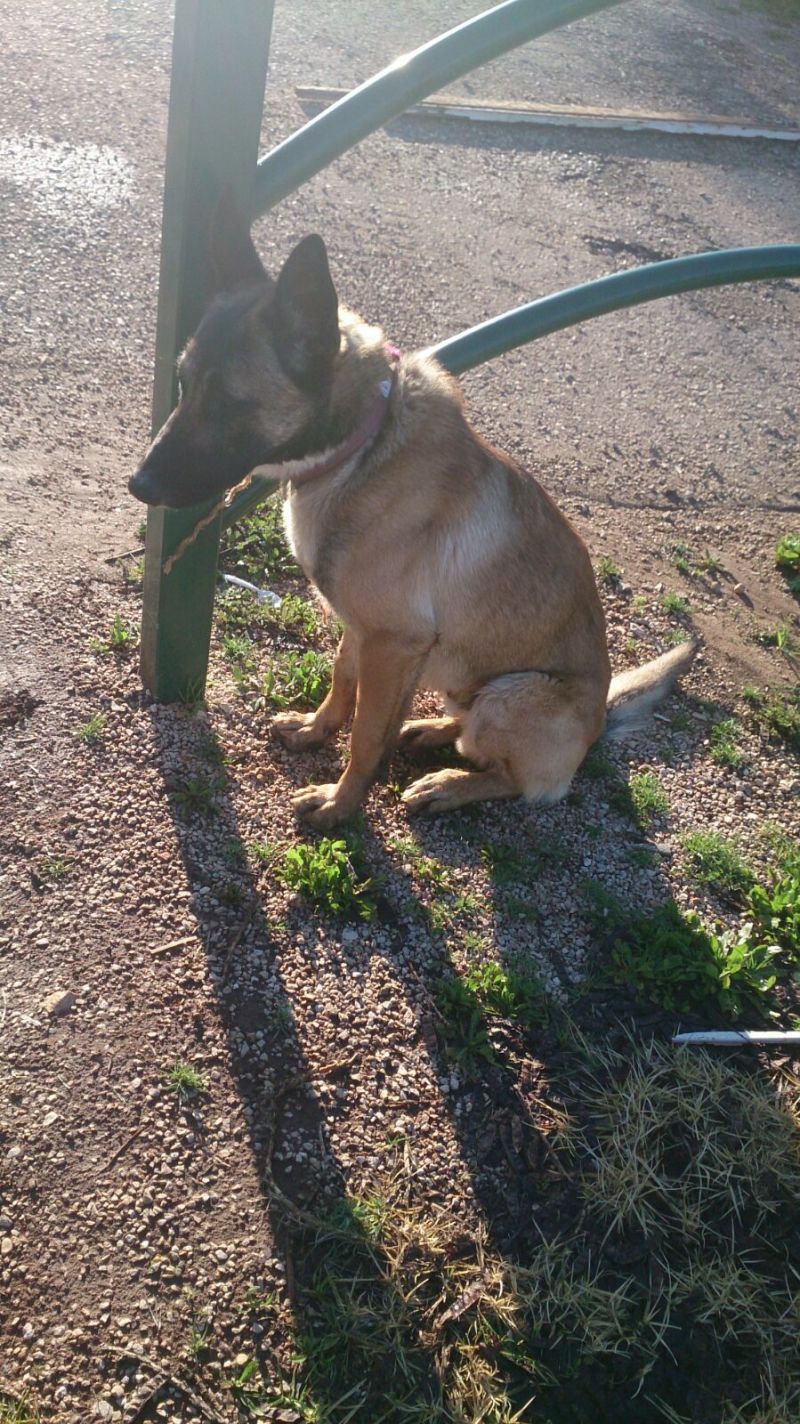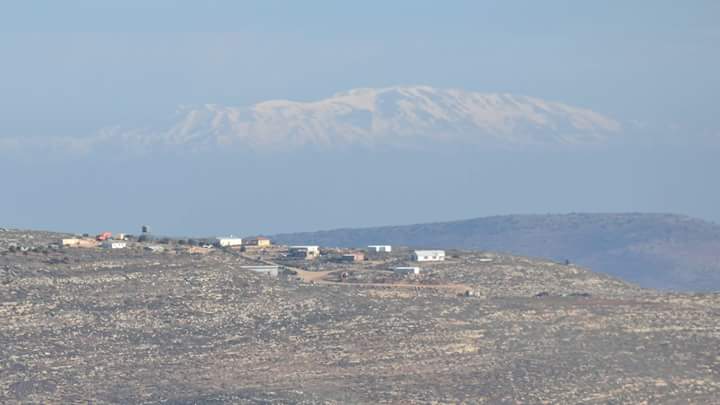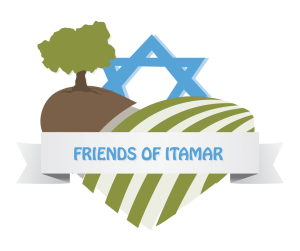Essay on Parashat Vayakhel Shekalim 2016
This week we will not only read our regular portion of the week, Parasaht Vayakhel, but we will also read Parashat Shekalim, the first of four special parshiot that are read during
Essay on Parashat Ki Tisah the light of redemption
Everyone is familiar with the famous sculpture of Italian artist Michelangelo depicting Moshe Rabeynu with two horns. The source of his inspiration was obviously this week’s
Essay on Parshat Mishpatim/ Trumah Holiness
In last week’s portion, Parashat Mishpatim, there are many different laws that are brought down dealing with a variety of monetary, social, criminal, agricultural and other t
Essay on Parashat Yitro – 2016 Torah The New Moral code
The New level of morality found in the Torah Human nature has a tendency to admire great achievers. It doesn’t make a difference what the area of success might be. Be it art,
Essay On Parshat Bishalach – Who is “Serach”
“Moshe said to the people, “Remember this day, when you went out of Egypt, out of the house of bondage, for with a mighty hand, Hashem took you out of here, and no leav
